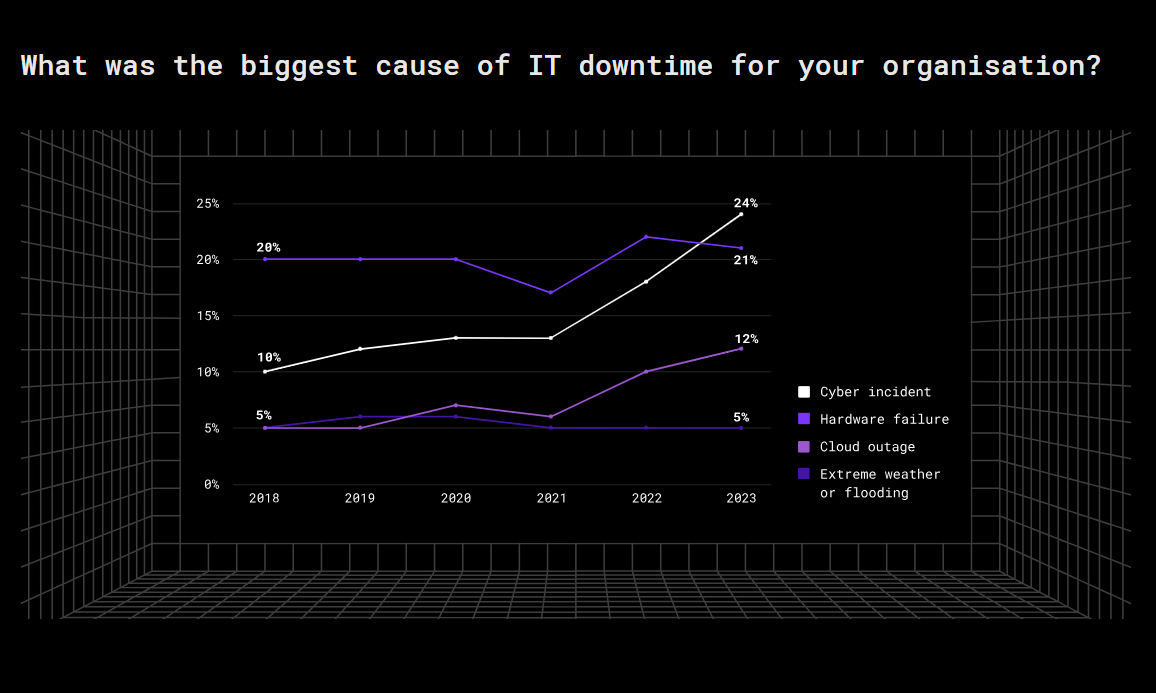The LRQA CEO identifies how the top five trends that influenced the development of ESG in the past 12 months will shape the trajectory of supply chain management throughout the coming year.
Politicisation of ESG
ESG has become a politically charged term, particularly in the US where the backlash against “woke capitalism” has led to discussions about divesting government pension funds from ESG-related investments.
This has given rise to 'green hushing', with some companies reducing external visibility of their sustainability initiatives even though they continue to progress towards their goals.
European regulators are meanwhile tightening the reins on greenwashing, signalling a shift towards concrete actions and accountability in the ESG landscape.
Due diligence enforcement
The regulatory landscape is evolving, making ESG performance disclosure mandatory with enforced penalties for non-compliance.
In the EU, the Corporate Sustainability Due Diligence Directive, or CSDDD, gives legislative teeth to what has previously been a voluntary practice for businesses. Its precursor, the German Supply Chain Due Diligence Act has already spurred complaints against multiple retailers for failures.
In the US, The Uyghur Forced Labour Prevention Act continues to influence sourcing practices, resulting in halted shipments and increased enforcement.
All of these developments emphasise the need for addressing material risks associated with company operations to improve business performance.
Emergence of risk in unexpected places
This year’s spotlight on supply chains has revealed that ESG risks extend beyond traditional areas.
Indirect suppliers and commodity supply chains, often considered out of scope, have demonstrated gaps in responsible sourcing, especially concerning vulnerable populations.
This has exposed out of date assumptions about risk evaluation, leading to the reflection: Have we been evaluating risk in the right way? A more nuanced approach will be important as the scrutiny of supply chains is expected to intensify in the new year.
Climate change and impact on supply chains
Legislation mandating disclosure of Scope 3 emissions by 2026 is pushing corporations to account for their environmental impact.
It was noted at COP 28 that climate change disproportionally impacts developing nations and vulnerable populations, magnifying existing social and economic inequalities.
This shift towards climate justice has turned environmental issues into a civil rights movement, with a focus on people and communities. The growing connection between climate risks and human rights risks emphasises the need to recognise a ‘just transition’ in corporate climate action.
Companies must now conduct due diligence throughout their supply chains to mitigate both environmental and social risks.
Traceability and supply chain mapping
The ongoing proliferation of technology solutions, including those powered by artificial intelligence and machine learning, has created a need for better harmonisation in risk management methodology and due diligence.
The Global Trace Protocol has sought to meet these growing needs by helping to monitor risks to ensure that supply chains are free of exploitative labour practices. It seeks to solve a number of challenges including complex, opaque, shifting supply chains and the need to upstream visibility and due diligence.
As global companies search for better and more efficient technologies to benefit risk management, 2024 will no doubt see organisations leveraging AI algorithms to analyse vast datasets for compliance with ESG standards. This will allow risks associated with labour practices, environmental impact and governance issues to be monitored and addressed at a much larger scale.
In summary, 2024 is set to be a pivotal year for organisations globally to leverage innovation along with strategic foresight, to build more resilient, sustainable and socially responsible supply chains.
There has never been more pressure for responsible sourcing professionals to rethink approaches to meeting ESG goals. This means being agile in a fast-changing legislative and economic climate for responsible sourcing and due diligence. The inadequacy of a one-size-fits-all approach has become evident, paving the way for a more holistic and ethical strategy. In its capacity as a global assurance partner, LRQA will continue to support companies with their due diligence requirements.
Printed Copy:
Would you also like to receive CIR Magazine in print?
Data Use:
We will also send you our free daily email newsletters and other relevant communications, which you can opt out of at any time. Thank you.














YOU MIGHT ALSO LIKE